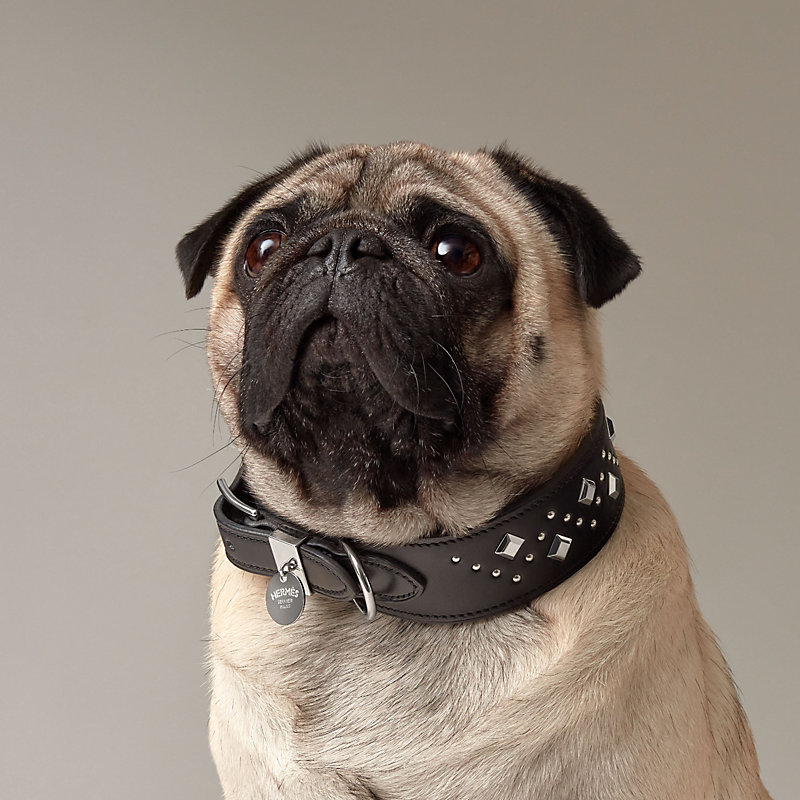Dog collars are a vital accessory for our four-legged pets. Dog collars serve multiple purposes, including identification, safety, and style. The right dog collar can be a challenge given the variety of options in the market.

The Versatility of Dog Collars
Dog collars are used for a reason beyond just being a fashion accessory. They are essential for your dog’s health. Look closely at dog collars to see how they benefit your pet.
Security and Identification. A dog collar’s primary role is to be an identification device. An ID tag containing your contact information is typically placed on the collar, making it simpler for anyone to locate your pet in case they get lost. The top dog collars feature an extremely strong D-ring that is used to secure the tag, ensuring it isn’t snagged during walks or play.
Control and training Collars for dogs are essential in controlling and training your pet. Standard collars can be attached to a leash and give you more control on walks or other outdoor activities. If you have a powerful or hyper dog, a collar that is well-fitted helps maintain control and keeps your dog from pulling excessively.
Style and personalization. Safety and efficiency are vital, but design and personalization are equally important. Dog collars are available in a wide range of materials, colors, and styles. This lets you convey the character of your pet as well as your preference. Collars customized to your pet’s name or design can add the perfect touch.
Types of Dog Collars
With the myriad of dog collars that are available, it’s crucial to understand the different types and their particular functions.
Standard Flat Collar: The most popular dog collar is the standard flat collar. These collars are simple and adjustable. They’re ideal for everyday wear. Perfect for holding ID tags or attaching leashes to walk.
Martingale Collars: Martingale Collars are for dogs that tend to slide out of collars that are conventional. They will tighten slightly as the dog is pulling on the leash, which prevents escape and choking. They are an excellent choice for dogs with small heads, like Greyhounds.
Prong Collar Prong collars often referred to as pinch collars, are a bit controversial but can be effective in specific training situations. Prongs made of metal are used to apply pressure on the dog’s neck when they pull to stop pulling, thus preventing this behavior.
Head Collars: Collars for the head like the Halti or Gentle Leader offer better control of your dog’s movements by allowing you direct their head. They can be useful for dogs who are strong pulling dogs or are extremely excited.
Harnesses: Although they’re not technically collars, harnesses deserve consideration. They are able to distribute pressure evenly across the chest, which can be more comfortable for dogs, especially those that are susceptible to tracheal disorders. Harnesses are a great choice for dogs who have breathing issues or are small breeds.
The Dog Collar That’s the Best
Selecting the best dog collar for your pet will depend on their size, behaviour, and needs. Here are some factors to consider when making your decision:
The collar should fit snugly, but not overly tight. Two fingers must fit between the collar’s ring and your dog’s neck. Make sure it’s not too tight, as that might allow your dog to slip away.
Material: Dog collars are available in many different materials, such as leather, nylon, and chain. Take into consideration your dog’s comfort and your personal preferences. Leather collars may be more durable and stylish, but nylon collars will be less heavy and more easy to clean.
Safety Features: For safety, opt for collars with reflective strips, which will make your dog visible when walking at night. There are also breakaway collars available that let you know the dog if it gets caught with something, preventing him from choking.
Your Dog’s Behavior: Look at your dog’s behavior when selecting the right collar. If your dog pulls the leash, you might want to consider a martingale harness or a halter with no pull. Standard collars can be adequate for dogs who are quiet and well behaved.
Personalization and style The collar that is fashionable and personal will reflect your dog’s personality. Customized collars and those with distinctive designs give a unique accent to the look of your pet.
You can also read our conclusion.
Dog collars are vital tools to keep your pet safe, well-trained and stylish. Size, material, safety and the dog’s behaviour are all important factors to take into consideration when choosing a collar for your dog. With the right collar, your dog can stay safe and look great, whether they are on an outing in the park or relaxing at your home.